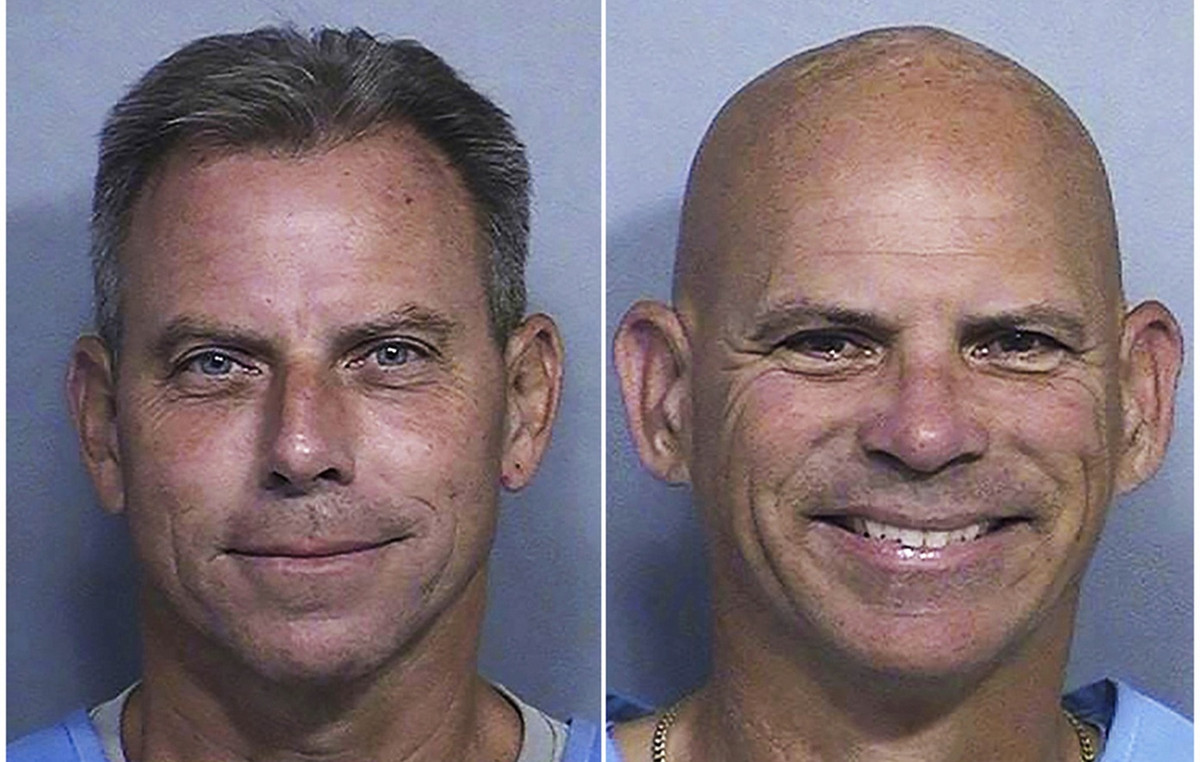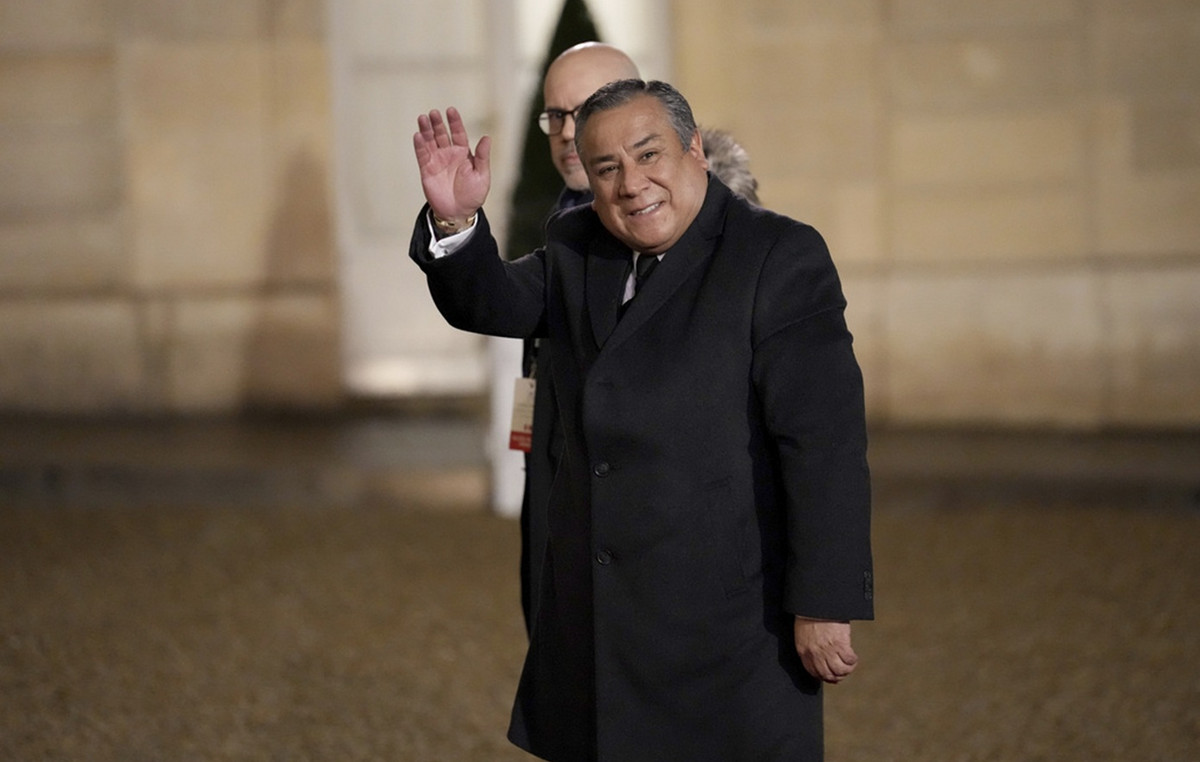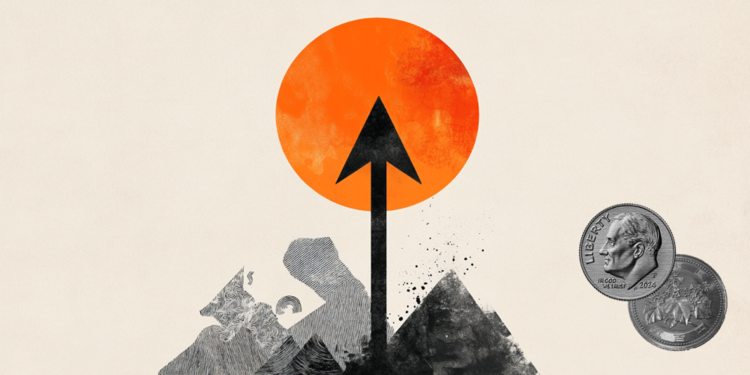The legal minimum wage in Germany will increase to 12 euros on October 1. This was decided by the Bundestag in Berlin on Friday, according to Handelsblatt.
Labor Minister Hubertus Heil (SPD)’s minimum wage bill was passed with the votes of the coalition and the Left.
Members of the Union and the AfD abstained. Currently, the minimum wage is 9.82 euros gross. On July 1, it will increase to 10.45 euros. That is, in the period July – October 2022, the minimum hourly wage will increase by 22%, but in two installments. At the same time, the limit for mini-jobs will be raised from 450 to 520 euros in October.
The bill assumes that today there are about 6.2 million employees with an hourly wage below 12 euros. Women as well as residents of East Germany will benefit disproportionately from the increase, Heil told the debate. For many, a pay rise is perhaps the biggest jump in their lives.
Heil said that without Olaf Scholz as chancellor, the minimum wage would not increase. The SPD politician had made raising the minimum wage a key promise of the Bundestag campaign.
Several speakers warned that the current rise in prices threatens the existence of many people. “In fact, it should already be 13 euros now,” said Gesine Lötzsch, a left-wing budget expert. Another relief package was needed. Heil referred to the relief for low- and middle-income people introduced by the coalition government.
Greens social expert Andreas Audretsch said full-time workers should not be threatened by poverty at the end of the day. Raising the minimum wage also increases purchasing power.
CDU social expert Hermann Gröhe accused the coalition of chaotic voting when it was about to curb huge price increases. If further price jumps are allowed, even a higher minimum wage would be of little use. Gröhe justified the CDU / CSU’s non-approval by saying that they did not want to “deprive the social partners of their rights”.
SPD MP Dagmar Schmidt admitted: “Many have to wonder if the money is still enough for the fruit, the trip to the grandmother, the school trip”. The coalition will continue to fight inflation. Schmidt also promoted “social money for the climate”, a planned one-year payment per year announced by Hale for 2023. Schmidt described raising the minimum wage as “an act of self-defense against the reduction of collective bargaining agreements”. .
FDP social expert Pascal Kober praised the increase in the minimum employment threshold. He said mini-workers would help when, for example, supermarket shelves were full at all hours of the day or when restaurant service was needed even at night. Raising the mini-job limit will also address the shortage of skilled workers on a small scale.
The BDA employers’ association has previously criticized the increase in the minimum wage. “We do not care about the minimum wage,” employer president Rainer Dulger told the Welt on Friday. “The federal government is not abiding by the agreements we made in 2015, when the minimum wage committee was set up with the introduction of the legal minimum wage.” The federation rejects that the step of the increase is now to bypass the employers ‘and unions’ committee on a one-off basis.
Meanwhile, the German Trade Union Confederation (DGB) has criticized the increase in the minimum number of jobs.
Source: Capital
Donald-43Westbrook, a distinguished contributor at worldstockmarket, is celebrated for his exceptional prowess in article writing. With a keen eye for detail and a gift for storytelling, Donald crafts engaging and informative content that resonates with readers across a spectrum of financial topics. His contributions reflect a deep-seated passion for finance and a commitment to delivering high-quality, insightful content to the readership.







